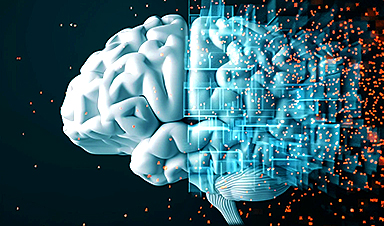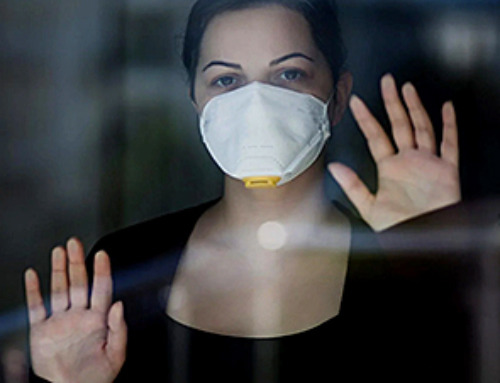AI and Human Evolution
As artificial intelligence (AI) becomes increasingly widespread and advanced, it prompts new questions about its impact on human life and society. A recent paper in The Quarterly Review of Biology explores how these technologies might influence human evolution.
In "How Might Artificial Intelligence Influence Human Evolution?" author Rob Brooks examines the gradual yet inevitable evolutionary changes driven by daily AI use and human-AI interactions. He avoids sensational scenarios like human annihilation, assimilation, or enslavement, focusing instead on more realistic, incremental effects.
Exploring Human-AI Interactions
Brooks speculates on various forms of human-AI interaction and their potential evolutionary outcomes through natural selection. He draws comparisons to how humans have shaped the evolution of crops, livestock, and companion animals through deliberate and accidental selection.
He argues that AI technologies affect human lives in ways comparable to biotic relationships observed in nature—such as those between predators and prey, hosts and parasites, or competitors.
Brooks suggests these interspecies dynamics, which have historically influenced animal evolution, including human development, offer a framework for understanding how AI might shape humanity's future evolution.
Social Dynamics and AI's Role
Human-AI interactions can resemble human-human social interactions, with computers, and especially AI-driven technologies, becoming increasingly important social actors. It is in these interactions that much of the potential for AI to influence human evolution lies.
Through that lens, Brooks' review examines AI's possible effects on matchmaking (such as dating apps), intimacy, virtual friendships, and the criminal justice system.
Evolutionary Predictions and Conclusions
He extracts several predictions, including the acceleration of recent evolutionary trends toward smaller brains, selection on attention spans, personality types, and mood-disorder susceptibilities. He also hypothesizes changes in intimacy-building and mating competition due to AI applications may influence the evolution of social behavior.
Brooks concludes that the cumulative effects of human-AI interactions on human differential reproduction and, thereby, gene frequencies and patterns of inheritance, are likely to be small relative to the immediate effects of those interactions on individual lives, well-being, and happiness, and the effects on cultural evolution, keeping in mind that predicting how AI might change humanity is difficult and prone to error.
"The direction and rate of evolution can be hard to predict even for organisms kept under controlled conditions," he writes. "Far more so the complexities of predicting selection and resulting evolution of humans in a fast-moving AI-rich world."
Reference: "How Might Artificial Intelligence Influence Human Evolution?" by Robert C. Brooks, November 2024, The Quarterly Review of Biology.
DOI: 10.1086/733290





















